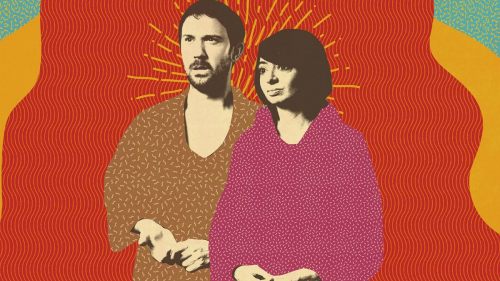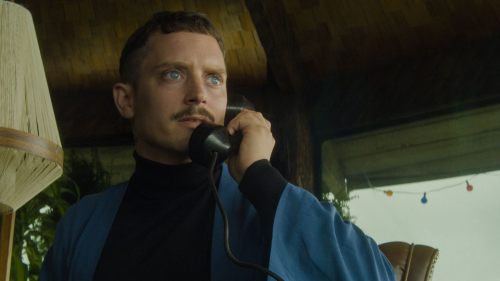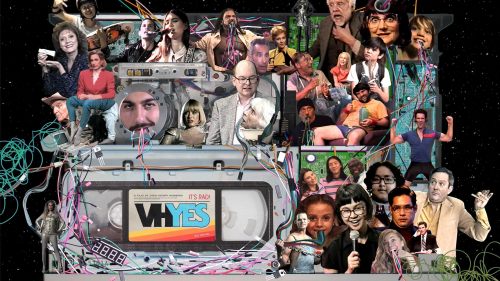Fantastic Fest Review: TRANSFERENCE, A Virtual-Reality Psychothriller
Fantastic Arcade has expanded to the point where it’s become its own event, but its former parent Fantastic Fest still plays host to a handful of games. Among them, nestled out of the way in a karaoke room, was Transference, the VR experience under development by SpectreVision and Ubisoft Montreal.
The demo (a vertical slice-style experience created for trade shows, separate to but representative of the main game) opens with a monologue from a scientist played by Macon Blair, who explains that the headset you’re wearing will enable you to experience another individual’s subjective consciousness. It’s a strong way to justify the VR headset, and it sets up the expectation that what you’re about to see isn’t meant to be reality, but one person’s experience of reality. Specifically, a person with post-traumatic stress disorder - so, the game tells you, buckle up. Things might get weird.
The actual gameplay takes place in an American home, switching between two time periods whenever the player flicks a lightswitch. Interactive objects reveal details about the house’s inhabitant, who - as the intro suggests - is indeed deeply troubled. Between the medication jars, the beer bottles, the family keepsakes, and the military memorabilia, a narrative starts to form of cyclical abuse and violence. Advancing through the demo involves solving simple puzzles, moving objects around and trying to access new areas of the house while avoiding being killed by its shotgun-wielding inhabitant. As the demo progresses, the environment becomes more and more fractured, all leading up to a climax that would be emotionally crushing, were my demo session long enough to build up to it properly.
Gritty and emotionally confrontational, the Transference demo evokes Gone Home as a psychological thriller, playing with subjective points of view in a way that only VR can really facilitate. The “gameplay” (an odd term to use for this kind of non-game interactive experience feels slightly at odds with the storytelling, purely because object manipulation is an oddly basic mechanic to apply to such an ambitious mode of narrative. And on a more technical, less important note (as the game is still in the early-to-mid stages of development), while the game makes it clear which objects are manipulable, it still has that issue where only some objects can be played with. When I’m in VR, I want to reach out and touch everything, dang it.
All of this puts into concrete the ideas I discussed with producer Daniel Noah earlier this year. There’s a lot of work to do on the title, obviously, but the concept is sound, and the implementation of it really sparks the imagination. Gone Home meets Psychonauts meets Silent Hill is a pretty rad elevator-pitch combination, and having now played the demo, I’m fully on board to see where that elevator goes.



